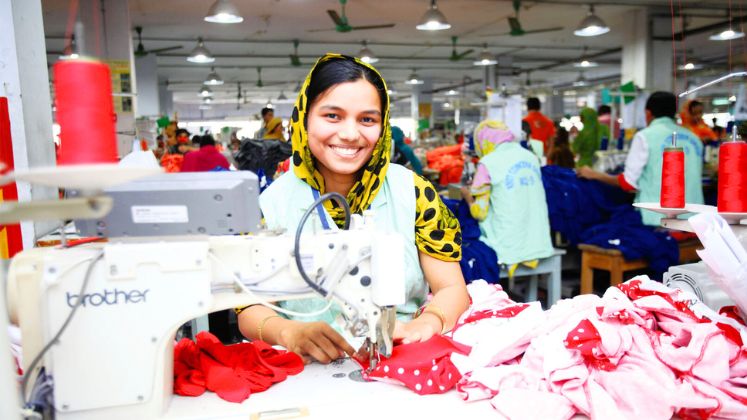
Approximately 1,150 small, non-bonded garment factories in Bangladesh are facing potential closure as they struggle to secure back-to-back letters of credit (LCs) and access raw materials. Lacking the capital to obtain a bonded warehouse license, these businesses are hindered by banking restrictions and customs policies that complicate transactions with bonded entities.
The Bangladesh Garment Manufacturers and Exporters Association (BGMEA) reported that many banks are reluctant to open back-to-back LCs for non-bonded factories, exacerbating the challenges of sourcing materials and increasing operational costs. The BGMEA has urged the National Board of Revenue (NBR) to reconsider its strict regulations, which are intended to prevent irregularities but are negatively impacting legitimate small exporters.
Around 7 lakh workers are employed in these factories, which collectively generate an annual export value of about US $ 6.5 billion. The BGMEA noted that over a hundred factories have already closed, and many more are losing production capacity.
The NBR acknowledges the difficulties these factories face but maintains that strict regulations are necessary to ensure compliance and prevent misuse. However, BGMEA officials argue that punishing compliant businesses for the actions of a few is unjust.
Efforts for a solution are ongoing, with discussions between BGMEA and NBR officials indicating a willingness to facilitate trade while addressing the issue of misuse. The garment sector, which employs around 40 lakh workers and accounts for nearly 85 per cent of Bangladesh’s exports, remains pivotal to the economy, making the resolution of these challenges critical.






